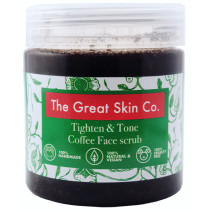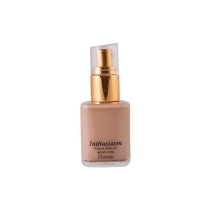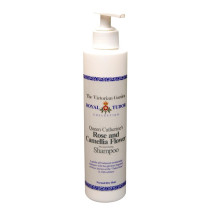Thyme
Essential Oil
Thyme Oil
Other Name(s):
Thymus vulgaris; Thymol

Thymus vulgaris is native to the Mediterranean and the surrounding countries. It is cultivated in many African countries including South Africa. Spain is the world’s largest producer of thyme oil and is responsible for around 90% of the global total! It isn’t very thirsty, happy with 500 - 1000 mm of rainfall per year and likes well-drained soil and is very resistant to pest insects.
Is Thyme Oil Faithful to Nature?
Yes.
Thyme Essential Oil is an extremely sustainable, natural ingredient with many useful applications and proven efficacy. It can be manufactured safely and farmed sustainably without harming the environment. Thyme essential oil is, however, a powerful ingredient and should be used wisely.
Benefits: Why is Thyme Oil Used?
Disinfectant
Thymol is a disinfectant which meets the EPA’s criteria for use against SARS-CoV-2, the virus that causes COVID-19.
Antibacterial
Thyme Essential Oil is effective against both gram-positive and gram-negative bacteria.
Natural Remedy
Thyme Essential Oil can be used in aromatherapy to treat colds, upper respiratory infections and insomnia.
Oral Health
Thyme Essential Oil is used in oral care products due to its antiseptic and antibacterial properties to treat bad breath and gum disease.
Thyme Essential Oil is used in some odour control toothpastes, anti dandruff shampoos and is gaining traction in disinfectant, sanitising and household cleaning products too. Like all essential oils, it can also be found on store shelves as a single ingredient product, bottled in amber glass.
Thyme Essential Oil is made by steam distillation of the leaves of the plant. An entire hectare of farmland is only able to produce 75-150 kg of thyme essential oil per year.
Thyme Essential Oil is comprised of mostly thymol and carvacrol but can contain other terpenes in higher concentrations too depending on the soil conditions and cultivar used. There are over 215 species of thymus with many hybrid varietals as well! Lemon thyme for example can contain up to 75% linalool.
Always perform a patch test first before using any essential oil and be sure to always perform the patch test using essential oil diluted in a carrier.
EU regulations specify that certain fragrance oils commonly found in natural essential oils must be labelled separately on ingredient lists on cosmetic product labels. The EU governing bodies specify this because they are recognised as potential allergens which can irritate sensitive skin. Thyme essential oil contains linalool in small amounts but in its concentrated form it can still be irritating to the skin.
Thyme Essential Oil destroys intestinal parasites but should never be taken internally.
Notice: The information provided here is not intended as medical advice and is for educational purposes only.
Products Containing Thyme Oil
-
sku5130
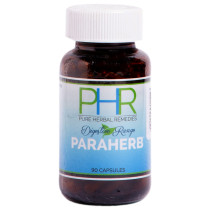
-
sku132446
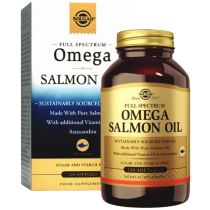
-
sku80553
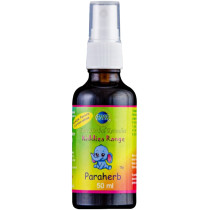
-
sku69062
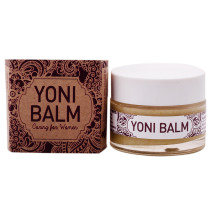
-
sku2577
-
sku65834
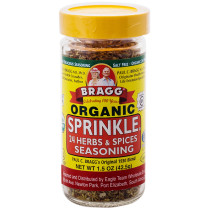
-
sku140283
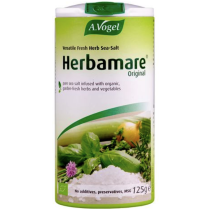
-
sku5167
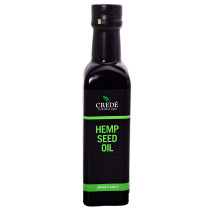
-
sku5137
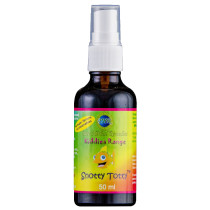
-
sku8910

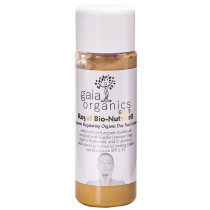
-
sku64296
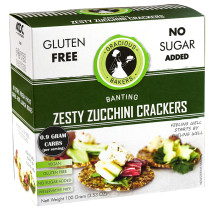
-
sku68503
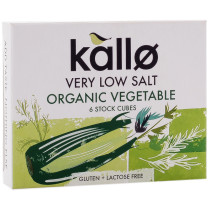
-
sku5605v1
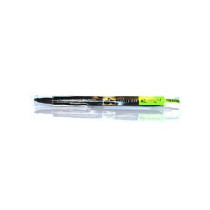
-
sku84948

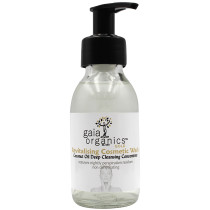
-
sku61629
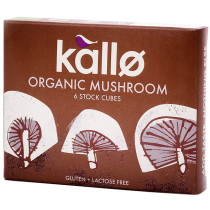
-
sku67382


-
sku8916


-
sku64297
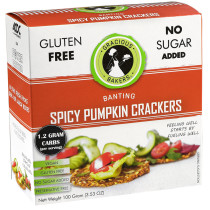
-
sku113288
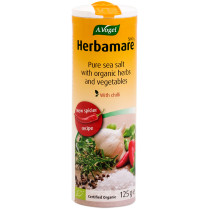
-
sku9559
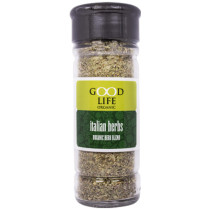
-
sku9558
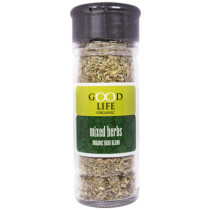
-
sku9554
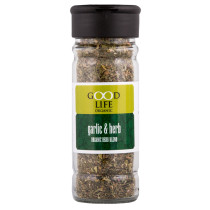
-
sku80296
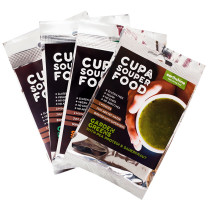
-
sku121703

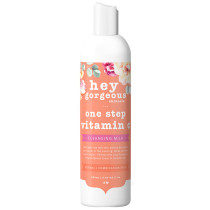
-
sku67395

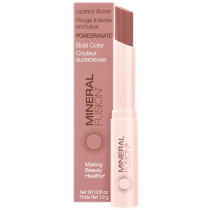
-
sku759
-
sku1826
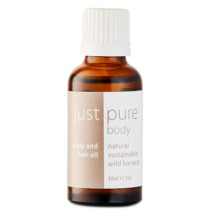
-
sku67396

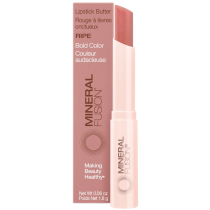
-
sku67381

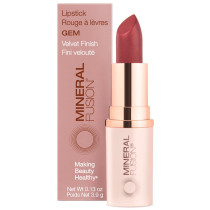
-
sku182
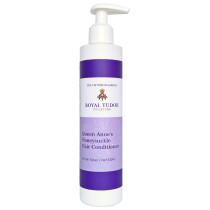
-
sku9742
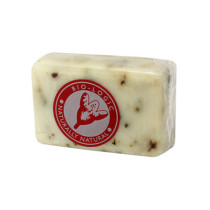
-
sku1194
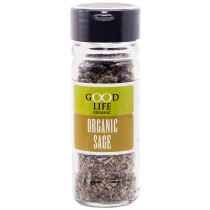
-
sku89724
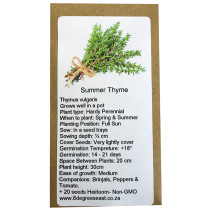
-
sku89725
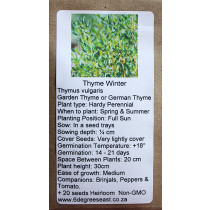
-
sku66412b

-
sku73661
